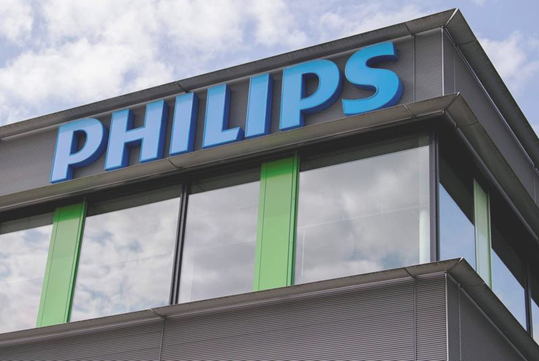
pOn the evening of September 28, 2017, Philips, a 126-year-old veteran manufacturing giant, closed its data center in Suzhou and migrated the entire operation to Alibaba Cloud, no longer utilizing its self-built data center.
In 2019, the proportion of IT infrastructure on the global cloud surpassed traditional data centers for the first time. As a nascent technology, cloud computing has undergone ten years of development and has comprehensively surpassed traditional IT in terms of critical technologies and application scale. The era of "All in Cloud" has arrived. The manufacturing industry undergoing transformation has evidently become the primary beneficiary of the cloud computing dividend. The most pressing issue faced by current manufacturing enterprises is the exponential increase in the complexity of digital transformation, leading to the "collapse" of legacy IT infrastructure from the industrial age. Cloudification of IT infrastructure is the first step for manufacturing enterprises to fully transition to the cloud, covering cloudification of computing capabilities, data technology, and business systems. A solid cloudification infrastructure is the cornerstone of digital transformation for manufacturing enterprises and a prerequisite for building data-driven enterprises.
Established giants are swiftly transitioning to the cloud, saving costs by 54%.
For manufacturing industry stalwarts like Philips, the drive to transition to the cloud comes from the company's future direction. "Philips is indeed in the process of transforming from being a device supplier to a comprehensive solution provider. We don't just deliver a product; we aim to create new business models with multiple parties," says Wang Jianqiang. He introduces that in hospitals and medical examination centers, Philips not only provides MRI machines but also participates in operations. For example, in a hospital and a rehabilitation center in Beijing, Philips collaborates with medical institutions to provide digital solutions for post-operative rehabilitation of cardiovascular and cerebrovascular diseases. This is closely related to the change in value logic in the internet age. In the traditional industrial age, the transfer of functionality began the moment a product was handed over to the consumer. However, in the internet age, the value of a product starts from the moment the consumer begins to use it. Now, data is where a company's value lies. For Philips, uploading data to the cloud provides the most basic IT support and operation platform for future developments in big data and artificial intelligence. From last October to the end of February this year, the two sides jointly designed a cloud upload strategy. From March to June this year, the work of uploading the existing data center distribution to the cloud was completed. The Chinese market has been the first to complete the comprehensive cloud upload plan. "We are undergoing self-revolution, and uploading to the cloud is a decision that must be made," says Wang Jianqiang. The advantages of cloud upload are evident on multiple levels, with flexible financial resource allocation being particularly attractive to many enterprises. It is introduced that from traditional IT architecture to migrating to the cloud, Philips has greatly reduced financial expenditure on IT operations. "Compared to 2016, IT operational costs have been reduced by 54%," says Wang Jianqiang.
Enterprise-level market fully activated.
Represented by Philips, cloud computing in China is ushering in the full activation of the enterprise-level market. Behind this are both the innovative driving force of established giants and the market trust continuously gained by cloud computing service providers. According to Gartner's prediction, the total scale of cloud migration reached $111 billion in 2016, and it is expected to increase to $216 billion by 2020. Ed Anderson, Vice President of Research at Gartner, said in a recent media interview, "As enterprise organizations adopt new IT architectures and operating concepts, they are preparing for the new opportunities brought by digital business. In addition, enterprise organizations embrace dynamic, cloud-based operational models, enabling them to better optimize costs and enhance competitiveness." With Philips China having completed cloud migration, it has already set its sights on the future. "In the global market of Philips, the cloud upload of Philips China is the fastest and most thorough. From the start of operation until now, the cloud-based system is secure, stable, and reliable," says Wang Jianqiang. "We have already begun to feel the agility and imagination of cloud computing."
(Source: https://resource.alibabacloud.com/whitepaper/id_5140)

